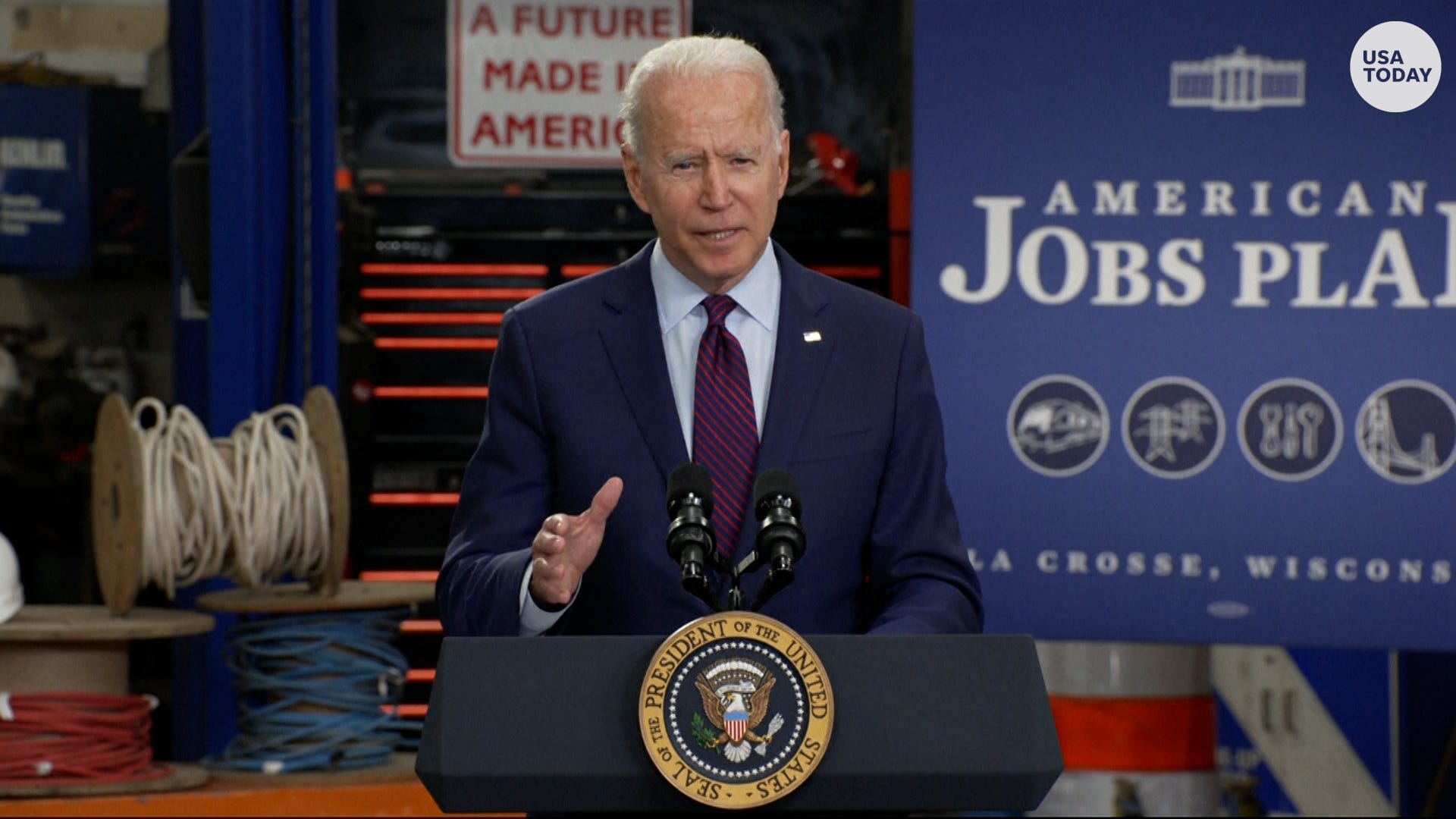When my mom was diagnosed with cancer, family helped, but we needed professional support
My sisters and I had to come to terms with the fact that we were losing our mom. But we also suddenly found ourselves caring for a cancer patient.
I was a junior in college when my mom was diagnosed with terminal cancer in 2004. My twin sister and I were only 20 years old, and our older sister was 22. We were so young. In addition to coming to terms with the reality that we were losing our mother, we suddenly found ourselves caring for a cancer patient – a job that required a skill set none of us had.
Her immune system weakened with repeated chemotherapy. After she was hospitalized for a bacterial infection, it became apparent that she wouldn’t be able to live on her own anymore. Before she was discharged from the hospital, the nurses trained my sisters and me on how to provide care for my mom. The hospital just assumed we would take care of her ourselves, without home caregivers.
It took a village. My older sister moved back from Europe and the three of us lived at home with our mom. My twin sister and I reduced our course loads to spend time helping her. We were not an affluent family so we also got jobs to help pay the bills. Our mom’s best friend, despite having a full-time job and a 12-year-old kid of her own, helped whenever she could. Our aunt and cousin drove from Utah to Idaho multiple times, five hours each way, to help us on weekends. There wasn’t a day when we weren’t either providing care or arranging to get my mom the care she needed.
Physical, emotional, spiritual support
We took my mother to appointments, flushed her port, and supported her through her nausea from chemotherapy. She ended up being very small and frail, so we became her physical supports to move around. We bought her groceries, cooked her meals, washed her laundry, and cleaned the house. We also managed her medications to ensure she was taking the right ones at the correct times.
My sisters and I were like millions of others, especially women, across the country who sacrifice their education and their careers to take care of aging parents, because there is no other option.

There is a shortage of home care workers across the United States. The median worker is paid just $17,200 a year and often have little or no benefits. One in four even have no paid sick leave. So it’s not surprising that the turnover rate is gradually increasing. And when families cannot find home care professionals, it often falls to the women in the family to step in.
Veteran: My best friend died in Iraq. I might not want to talk about it, but I want people to ask.
President Joe Biden is right to continue standing behind home care with Congress. Some want to leave it behind and focus only on roads and bridges in a bipartisan infrastructure deal, but millions of families like mine need it. Biden’s plan would invest $400 billion in the caregiving industry, which would increase the pay, benefits and training for professional caregivers who could help families like mine. It would also ensure that home care workers have the right to join a union to advocate for themselves and for people who rely on home care services.
It takes a village
During my mom's cancer treatment, we didn't have time to think about the emotional toll of being our mother's death workers. It was exhausting, though, going to college, working part time, and then coming home to care for our mom. We scarcely had a night off in the six months before she died.
Paste BN's opinion newsletter: Get the best insights and analysis delivered to your inbox
My mom got to see my older sister graduate college, but she wasn't there when my twin sister and I finished college or graduate school. She wasn't there for weddings and babies. Losing her before we became mothers is still hard. I’m sad that my children never met her, and I know she would be an awesome grandmother. And as I watch my sisters on their motherhood journeys, I'm sad our mom isn't with us.
Grabbing the youths: How to get Gen Z vaccinated against COVID? Our work for the Biden campaign holds clues.
Throughout her illness, we were very lucky to have a few good friends who would spend some of their evenings at home with our mom and us, but many families do not have that.
And now, as parents ourselves, my sisters and I know what it's like to have full-time jobs outside the home along with full-time jobs in the home. Caring for an ailing parent shouldn’t be an adult daughter’s default role. It’s time to invest in professional home caregivers.
Josie Graham works in public health. She lives in Boise, Idaho, with her husband and two children.